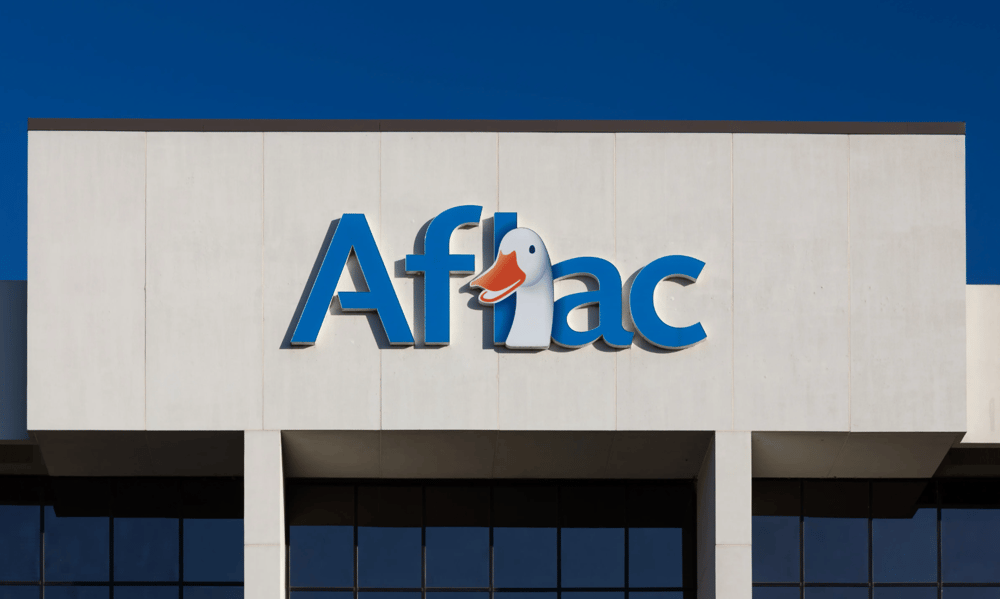Aflac Hit by Major Cyberattack Amid Wave of Insurance Industry Breaches
Aflac Inc. $AFL has confirmed a significant cybersecurity breach, potentially compromising Social Security numbers, insurance claims, and sensitive medical data of its clients. The incident marks a serious escalation in a wave of targeted cyberattacks against U.S. insurance providers and underscores rising systemic vulnerabilities in the sector. The breach, disclosed on Friday, positions Aflac, the second-largest provider of supplemental insurance in the United States with billions in annual revenue and millions of policyholders, as the most high-profile victim in this recent string of attacks.
Industry-Wide Cyber Risk Intensifies
The Aflac breach is part of a broader cyber onslaught affecting major insurance players. Erie Insurance Group and Philadelphia Insurance Companies also reported recent intrusions. In both cases, critical IT infrastructure used to process claims and service clients experienced major disruptions. Investigators believe the breaches share a common origin. Sources familiar with the ongoing probe told CNN the Scattered Spider group, a rapidly evolving cybercriminal collective known for advanced phishing and extortion campaigns, is likely behind the coordinated attacks.

Implications for the U.S. Insurance Sector
With digital infrastructure now integral to policy management, underwriting, and claims processing, cybersecurity weaknesses represent operational and reputational risks of the highest order.
Regulatory scrutiny is likely to intensify following this incident, especially around:
Data protection standards for personal medical and financial information;
Vendor cybersecurity compliance;
Threat detection and mitigation protocols;
Reporting transparency in breach disclosures;
Response coordination between private insurers and federal agencies.
The FBI and private-sector forensic teams are actively engaged in containment and damage assessment efforts.
The Rise of Scattered Spider
The Scattered Spider group has gained notoriety for leveraging social engineering and insider access tactics to infiltrate enterprise networks. Unlike traditional ransomware syndicates, this group prioritizes stealth and data theft over mass encryption, making early detection more difficult. Their targets have included telecom firms, casinos, and now insurers, demonstrating a calculated pivot toward data-rich, highly regulated industries.

Outlook: Elevated Security Expectations for Insurers
Aflac's breach will likely trigger a renewed push for cyber risk management investment across the insurance industry. With threat actors increasingly targeting confidential health and identity data, insurers face mounting pressure from regulators, clients, and shareholders to harden defenses. Failure to do so not only invites reputational harm but can lead to regulatory penalties and loss of consumer trust, key risks in a sector that relies heavily on long-term policyholder relationships.















Comments
This breach highlights a critical need for stronger cybersecurity measures in the insurance industry.
This breach highlights the urgent need for the insurance industry to bolster its cybersecurity defenses.